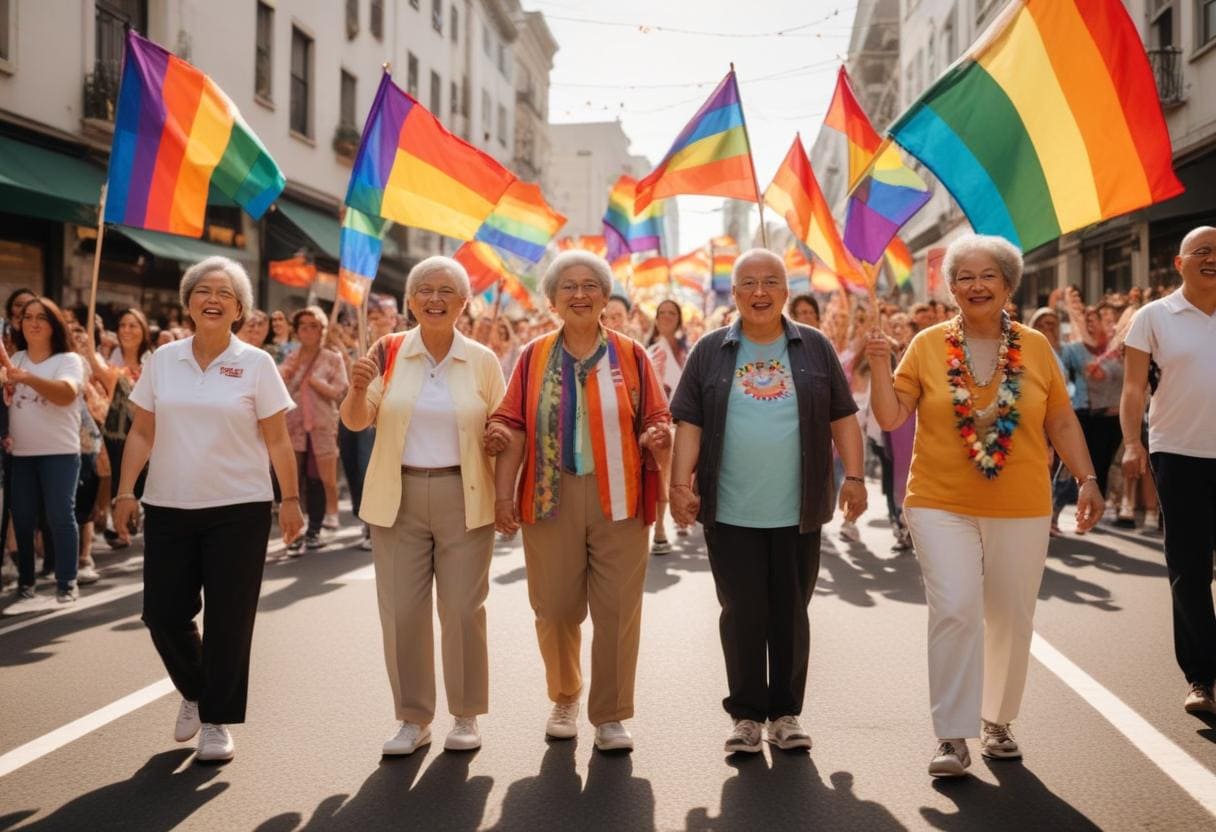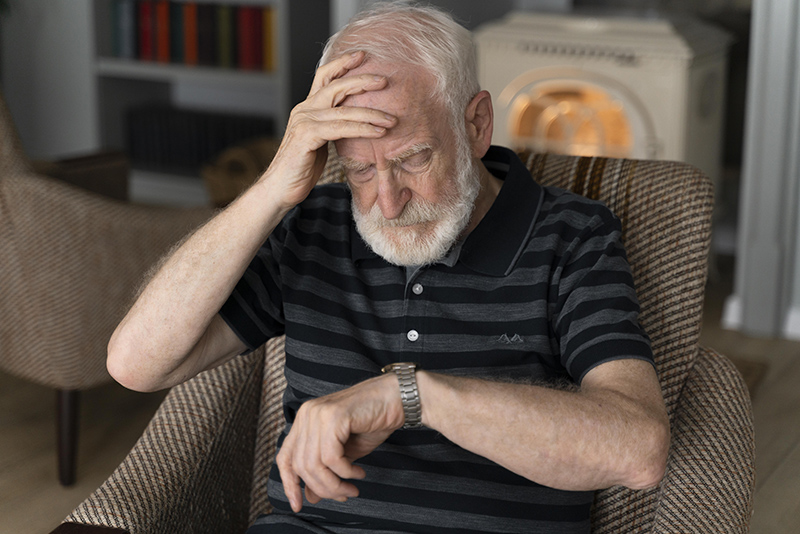
Ageism, a form of discrimination so ingrained that it often goes unnoticed, negatively impacts our societies. While some human rights advocates fight against various forms of discrimination, ageism remains a tool of ridicule and disdain. This article aims to shed light on the consequences of ageism and why it’s crucial to eliminate it.
Age discrimination isn’t a new phenomenon, but its implicit acceptance in popular culture and the media is alarming. Ageism shows up in jokes about old age, derogatory comments about the cognitive abilities of older adults, and the perception of physical fragility as a reason for mockery. This discrimination not only affects the self-esteem and mental health of older people but also shapes how society as a whole views aging.

A recent and disturbing example of ageism can be seen in American politics, especially on social media, where President Joe Biden has been the subject of numerous jokes due to his age. Regardless of political opinions, mocking older figures for their potential cognitive decline or physical frailty is a clear reflection of this form of discrimination. These jokes are not only inhumane but also perpetuate negative stereotypes and dehumanize older adults.
Every time someone shares a meme or video making fun of Biden for stumbling or pausing in his speech, it reinforces the idea that aging is something shameful. This kind of behavior trivializes human dignity and sends a dangerous message: that it’s acceptable to scorn people simply for being older. Such attitudes aren’t limited to politics and can have a widespread impact on how society treats older individuals.
Evidence shows that ageism has serious consequences. According to studies from the UC Observatory of Aging, age discrimination contributes to social isolation, depression, and a faster decline in physical and mental abilities. When society perpetuates the stigma of old age, it creates an environment where older people feel their value diminishes with age. This negative environment affects their overall well-being and active participation in the community.

In my personal experience, I’ve seen firsthand how ageism impacts the lives of older individuals. I’ve worked and lived with older people for years and have observed how subtle and overt discrimination deteriorates their quality of life. The lack of respect and underestimation of their abilities contribute to a cycle of self-depreciation and social marginalization.
The negative perception of old age is also reflected in the workplace. Older people face significant barriers to keeping or finding employment, despite their vast experience and skills. This employment exclusion not only affects their economic well-being but also deprives society of the accumulated wisdom and knowledge of previous generations. Age discrimination in the workplace is a loss for everyone.
Eradicating ageism requires a profound cultural shift. Public policies must focus on promoting the respect and dignity of older adults. In Argentina, for example, the government has implemented programs to raise awareness about the dignified treatment of older people and combat negative stereotypes. These initiatives are crucial for fostering a more inclusive view of aging.

Education plays a fundamental role in the fight against ageism. From a young age, children should learn about the value of all life stages and the importance of treating everyone with respect, regardless of age. Educational campaigns and intergenerational programs can help break down barriers between young and old, promoting greater understanding and empathy.
Moreover, it’s vital for the media and the entertainment industry to reconsider how they portray old age. Older characters are often stereotyped or ridiculed, reinforcing negative perceptions. A more balanced and respectful representation of older adults can help change these perceptions and reduce ageism.
In conclusion, ageism is a form of discrimination that must be addressed with the same seriousness as any other. It’s not a game, and its effects are devastating. As a society, we must work together to eradicate ageism, promote the inclusion of older people, and value their contributions. The fight against ageism is a fight for the dignity and respect of all, now and in the future.
Connect with us! Follow us on social media for the latest news, content, and exclusive promotions. Join our community and stay informed about gerontological and palliative care.